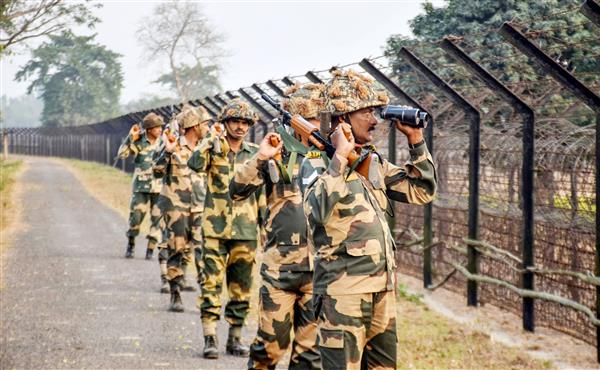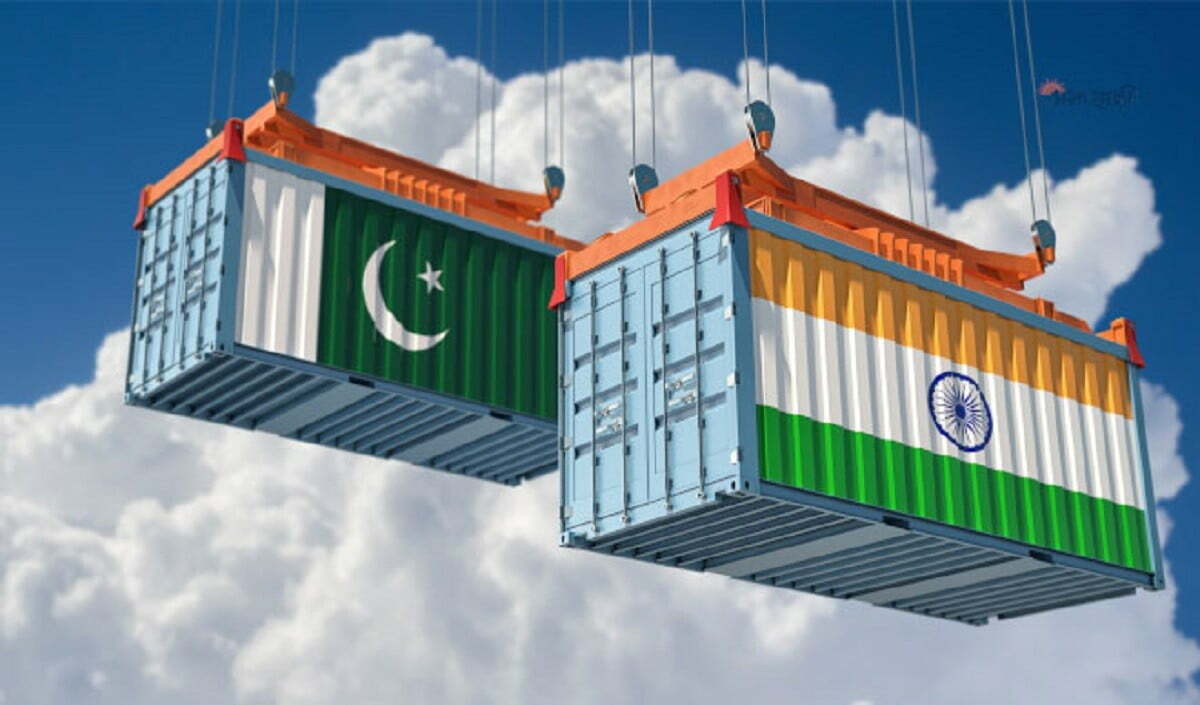After New Delhi abolished the special status granted to Jammu and Kashmir under Article 370 on August 5, 2019, relations between India and Pakistan took a severe hit. Pakistan responded strongly to India’s move by cutting diplomatic ties and expelling the Indian ambassador. According to several Indian media channels that cited a 33-page dossier from the Indian Army, which allegedly accused Pakistan for helping militants cross the border for “terrorist actions”. The Indian Army made “baseless allegations”, according to the Foreign Office (FO) and denied the accusations against Pakistan by Indian media. The foreign office spokesperson released a statement said “We categorically reject the false and fabricated so-called dossier, the reported contents of which were created not only using false information, assertions and accusations in an effort to draw attention away from India’s own blatant and well documented campaign of state terrorism and the prevalent human rights violations in the Indian Occupied Kashmir (IOK)”.

The Foreign Office (FO) commented on the fact that India, rather than upholding its obligations under international law and ensuring that the people of IIOJK are granted their fundamental right to self-determination in accordance with the relevant UNSC resolutions and in terms of expectations, has chosen to focus on fictional accounts in order to distract from its own failings. The representative suggested India do introspection in order to organize its own affairs. The Indian attempts to pose as a victim of terrorism and make unfounded accusations against Pakistan over terrorism stand completely exposed. Pakistan’s new Government was making efforts to re-establish the troubled and tensed relations; Prime Minister Shahbaz Sharif indicated a desire for “meaningful interaction” and a diplomatic resolution to the Kashmir conflict. Also, Foreign Minister of Pakistan, Bilawal Bhutto Zardari said that making peace between the two states is the solution to constrained relations and parting ways is not in the interest of any side. He emphasized the disengagement would not serve the purpose of Pakistan as well as India, for that economic diplomacy can be considered.

Pakistan’s foreign policy must be progressive and open to quickly changing global circumstances but it does not mean to sacrifice on ideals because the country is in a difficult neighborhood and is dealing with numerous external and internal issues. In this context, Pakistan should remain focused on its foreign policy objectives according to the ongoing situation. India and Pakistan should be considerate of the fact that to resolve the Kashmir issue, the arch rivalry due to this issue has resulted in security concerns at state and regional level which pose serious implications. Since the Kashmir dispute is a political one, it calls for a political strategy based on consistent negotiations. With the goal of permanently resolving the Kashmir dispute, both the states of India and Pakistan must sit down at the negotiating table. Bilateral, trilateral, and multilateral negotiations are among the available ways, but it is unlikely that they would succeed if one or more parties refuse to participate in the peace process.

Research Associate, Pakistan House



